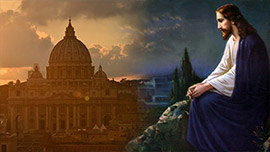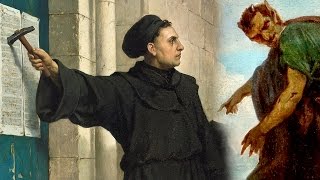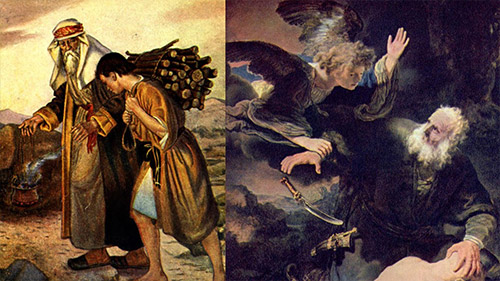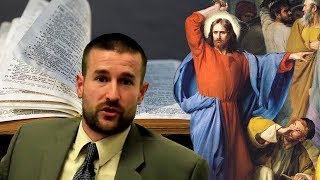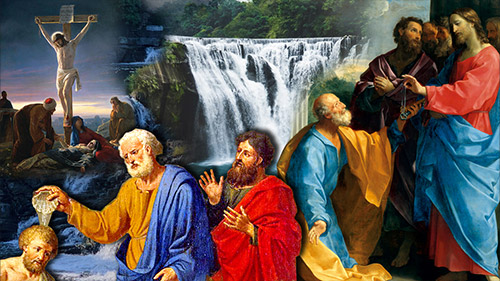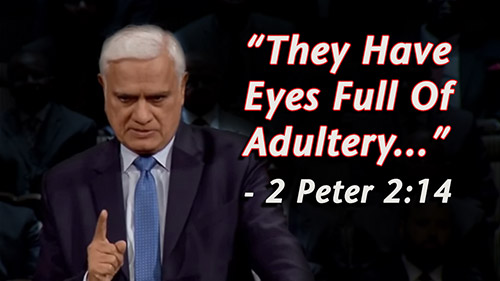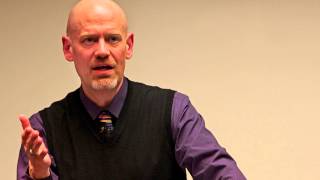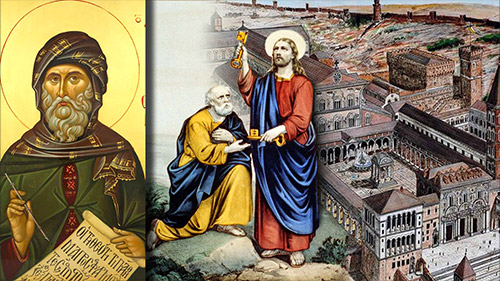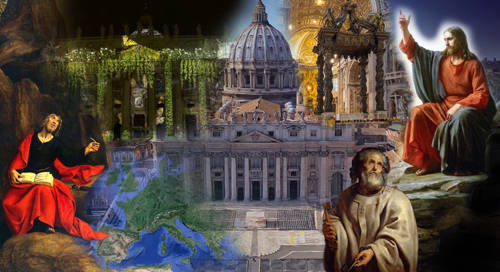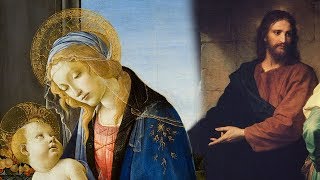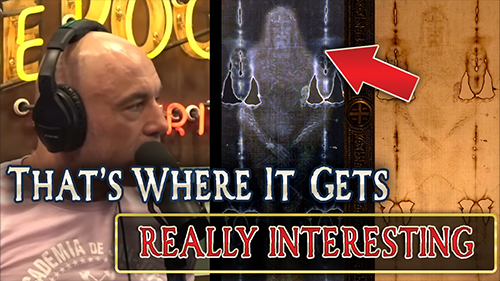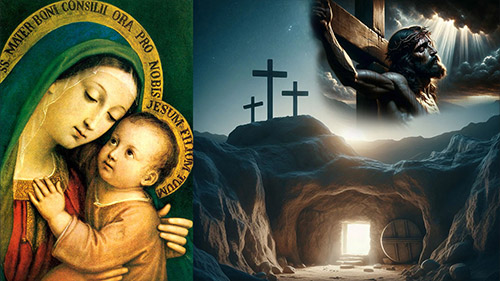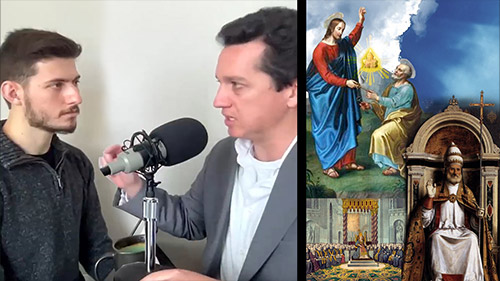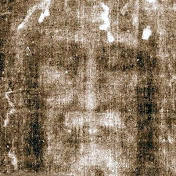 | vaticancatholic.com - English Channel |
Bible & Apologetics | Eastern ”Orthodoxy” - What Are Their True Beliefs? Bro. Peter Dimond St. Gregory Nazianzen, also known as the theologian, is one of the great Eastern fathers and doctors of the Church. He is one of the Cappadocian fathers, the others being St. Basil and St. Gregory of Nyssa. The Eastern ‘Orthodox’ also consider Gregory Nazianzen to be a saint. There’s a very interesting passage from St. Gregory Nazianzen that further supports Catholic teaching on the Papacy. It comes from his work called Carmen De Vita Sua (A Poem About His Own Life), dated AD 382. The Greek text is from J.P. Migne, Patrologia Graeca, Volume 37, paragraph 1068, in case anyone wants to consult the original. Now, in this passage St. Gregory is speaking about how Constantinople is a new Rome because the capitol of the Empire had been moved there. But then he says that in regard to matters of faith, old Rome is the president over all. Here’s an English translation of the passage:
This is a powerful passage. St. Gregory teaches that in regard to the faith, the See of Rome is the president over all. That’s clear support for a papal primacy of jurisdiction over all in the Church, for Rome was known to be the See of St. Peter and his successors, the popes. St. Gregory uses the Greek word πρόεδρον to describe Rome’s authority over all. Πρόεδρον is the accusative form of the noun πρόεδρος, which means president. πρόεδρος is cognate with προεδρία, which means presidency, a term that has also been used for the office of popes. Literally, πρόεδρος means “one who is seated in the first place”. So, when St. Gregory says that Rome is the president over all in regard to the faith, is he merely talking about some kind of primacy of honor that doesn’t include authority? Of course not. The claim is preposterous. He is talking about Rome’s authority or presidency over all other bishops and churches. In fact, in the early Church bishops were not only called ἐπίσκοποι (episkopoi) but sometimes πρόεδροι (proedroi), presidents, the plural of the word πρόεδρος. Indeed, at the 7th century Council of Trullo (a council cited by many Eastern ‘Orthodox’), both words πρόεδρον and προεδρία were used specifically to describe a bishop’s authority and power within his territory. Now, it is a fact that the early Church recognized that a bishop (as πρόεδρος or president of his congregation) had jurisdiction in his area, which included the power to approve, command, rule, punish, etc. Thus, when St. Gregory speaks of Rome and Constantinople in regard to the faith, and uses πρόεδρον to say that Rome is the president over all, he is teaching that the See of Rome had authority over all the other bishops and thus the entire Church. Further, just like a bishop as πρόεδρος of his diocese had a power of jurisdiction that included the authority to decree punish, etc., Rome (as πρόεδρος over all) possessed that power over the universal Church. But people who don’t want the truth – who don’t want to accept what Christ instituted in St. Peter – will try to explain anything away. It should also be noted that many modern Eastern ‘Orthodox’ hold that their bishops, even within their own territories, are not over their people and that they have no power apart from them. That is an absurd position which further exposes the falsity of Eastern ‘Orthodox’ ecclesiology. That position denies the reality of a hierarchy in the Church and clearly contradicts the teaching of the first millennium, but that’s a separate discussion. Moreover, when St. Gregory says that Rome is “binding together all the west” (perhaps a reference to how heresies were ravaging the East more so than the West), he uses δέουσα (deousa), a present participle from the verb δέω (deo). Well, that verb δέω is the very verb used in Mt. 16:19 to describe St. Peter’s authority to bind. So there’s a connection between how St. Gregory describes Rome’s authority to bind and how Scripture describes St. Peter’s authority to bind, and in the very sentence in which St. Gregory refers to Rome’s authority to bind he connects it with Rome being the president over all – a clear indication that Rome has a universal primacy of jurisdiction that includes the power to bind. Furthermore, in a different work, St. Gregory Nazianzen singles out the Apostle St. Peter as “the unbreakable rock, to whom was allotted the Key” (πετρης άρραγέος γενέτης κλήιδα λαχόντος).
It’s also noteworthy that St. Gregory Nazianzen was the Bishop of Constantinople and he presided, for a period of time, at the Council of Constantinople in 381. So, this Eastern father who presided at the First Council of Constantinople leaves us with clear support for Catholic teaching on the papal primacy of jurisdiction. That’s because Our Lord Jesus Christ founded the Papacy upon St. Peter, and the office He established in St. Peter was known in all ages, just as Vatican I teaches. To be a true Christian and saved it’s necessary to be a traditional Catholic. Copyright © 2021 Most Holy Family Monastery |
St. Gregory Nazianzen Refutes “Orthodoxy” On The Papacy
August 9, 2021
SHOW MORE
Latest News
Dr. Leonard Coldwell attacks statin drugs - He says it's a scam - video
"Covid-19" - A fake virus to convince people to take bioweapon "vaccine" to reduce the world's population
"Covid vaccine" reduces fertility 33% - Billions took the poison and you have a 33% reduction in fertility
Who were the main people running the Covid hoax operation? - video
Family says daughter in hospital for "Covid" was given drugs & DNR (Do Not Resuscitate) order that killed her


